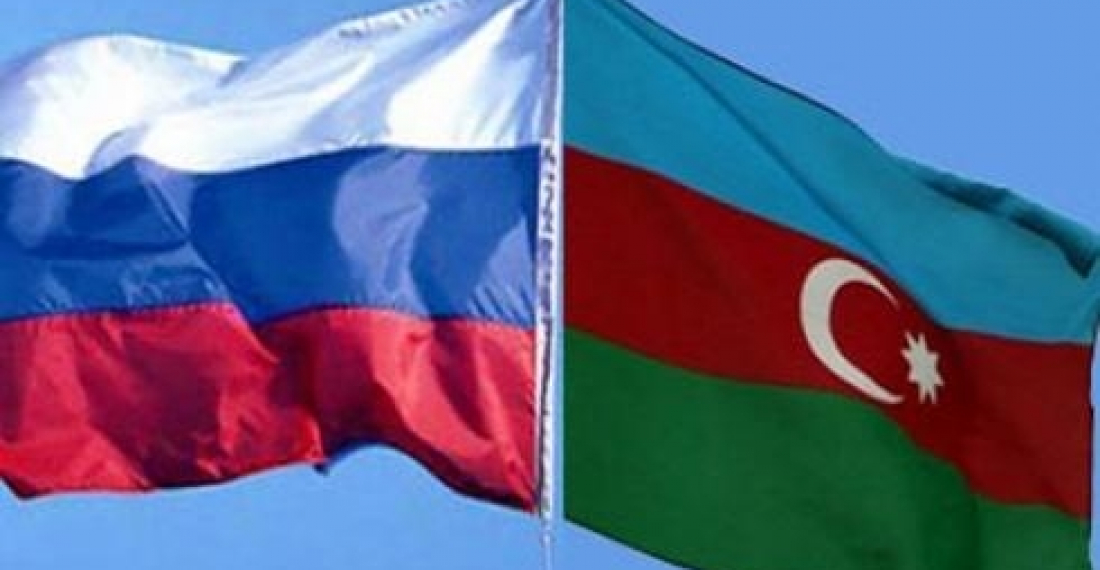Russia has reacted to the official protest note handed to the Russian Ambassador in Baku yesterday by the Deputy Foreign Minister of Azerbaijan. Commenting on the meeting the Press attaché of the Russian Embassy in Baku Alina Zolotareva said
"Indeed, on 26 February, Deputy Foreign Minister Mahmud Mammadguliyev met with Russian Ambassador Vladimir Dorokhin. During the meeting, Mammadguliyev expressed concern over the publication of article "Karabakh for 25 years learned to be unrecognized" by journalist Vadim Dubnov on the website of Russian Information Agency RIA Novosti on the anniversary of the Khojaly events," Zolotareva told Interfax Azerbaijan.
She noted that following discussions with Mammadguliyev, the ambassador promised to bring the position of the Azerbaijani Ministry on the issue to Moscow." According to her, the ambassador also noted that "it is not necessary in this context to call into question the unchanged position of Moscow regarding the Nagorno-Karabakh conflict".
"The ambassador also said that the article reflects the personal opinion of Dubnov, which, as is known, may not necessarily represent those of the Russian state news agency. Dorokhin also informed Mammadguliyev that the article has been removed from the official site of RIA Novosti, and the leadership of the agency ascertains the circumstances of the incident. The Ambassador supported the position of Mammadguliyev that it is necessary to preserve the atmosphere of friendly Russian-Azerbaijani relations with joint efforts," said the press attaché of the Russian Embassy.
Commonspace.eu political editor said in a comment:
"Relations between Russia and Azerbaijan are at a very sensitive moment. Both sides feel that they have been let down by the other. Azerbaijan is dissappointed about the Russian stance on the Karabakh issue, but Baku is also concerned that Russia may be interfering in its internal affairs ahead of Presidential elections in October. This interference may be of a substantial nature, and goes way beyond concern for the robustness of the democratic process. On its part the Russian establishment is deeply annoyed with Azerbaijan's failure to agree to a renewal of the Gabala Military facility. Although the radar facility is not of great military significance anymore, its loss is seen a s a sign of declining Russian prestige in the region."
source: commonspace.eu with news.az and Interfax Azerbaijan.







